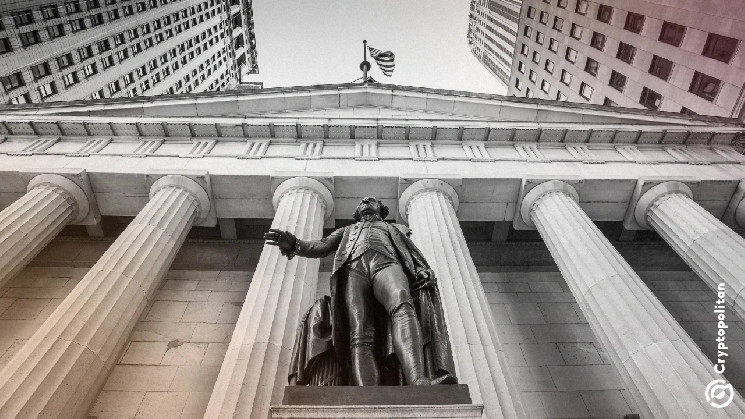America’s top banking executives meet with senators in Washington to address debanking crisis
A high-stakes roundtable discussion is underway in Washington today, as some of the most powerful banking executives in America gather to tackle the issue of debanking. Debunking, the practice of widespread account closures tied to industries such as crypto, firearms, and others, has become a growing concern for businesses across the country.
The roundtable meeting, which includes executives from JPMorgan Chase, Bank of America, Capital One, Wells Fargo, U.S. Bank, PNC, and Truist, comes in the wake of last week’s Senate Banking Committee hearings. During the hearings, lawmakers raised questions about the sudden and unexplained account closures that have left many businesses in financial limbo.
Political pressure and denials on Capitol Hill
President Donald Trump’s recent accusations against Bank of America of politically motivated account closures have added fuel to the fire. However, Bank of America CEO Brian Moynihan has denied any political bias in the bank’s account closure decisions. The issue of account closures affecting industries like crypto, firearms, and cannabis remains a complex and contentious issue.
Jamie Dimon of JPMorgan has acknowledged the need for greater transparency in the banking industry. Dimon has called for clearer guidelines from the federal government on account closure decisions to avoid ambiguity and confusion.
Regulatory challenges and the role of the Federal Reserve and FDIC
Regulators like the Federal Reserve and the FDIC are facing increasing scrutiny over their handling of the debanking crisis. Federal Reserve Chair Jerome Powell has expressed concerns about the growing number of reports of account closures in the crypto industry. Powell has indicated that the Fed is reviewing its policies to address the issue.
The FDIC, in particular, has come under fire for its handling of banks attempting to enter the crypto space. Internal documents released by the FDIC reveal a pattern of delays and obstacles faced by banks seeking to engage with crypto companies. Acting FDIC Chairman Travis Hill has acknowledged the need to revise outdated policies that hinder banks from working with digital assets.
Both the Federal Reserve and the FDIC are now working to create a more supportive regulatory framework that allows banks to engage with digital assets while ensuring financial stability. Collaboration with the President’s Working Group on Digital Asset Markets is underway to develop new guidelines that promote innovation in the digital asset space.

